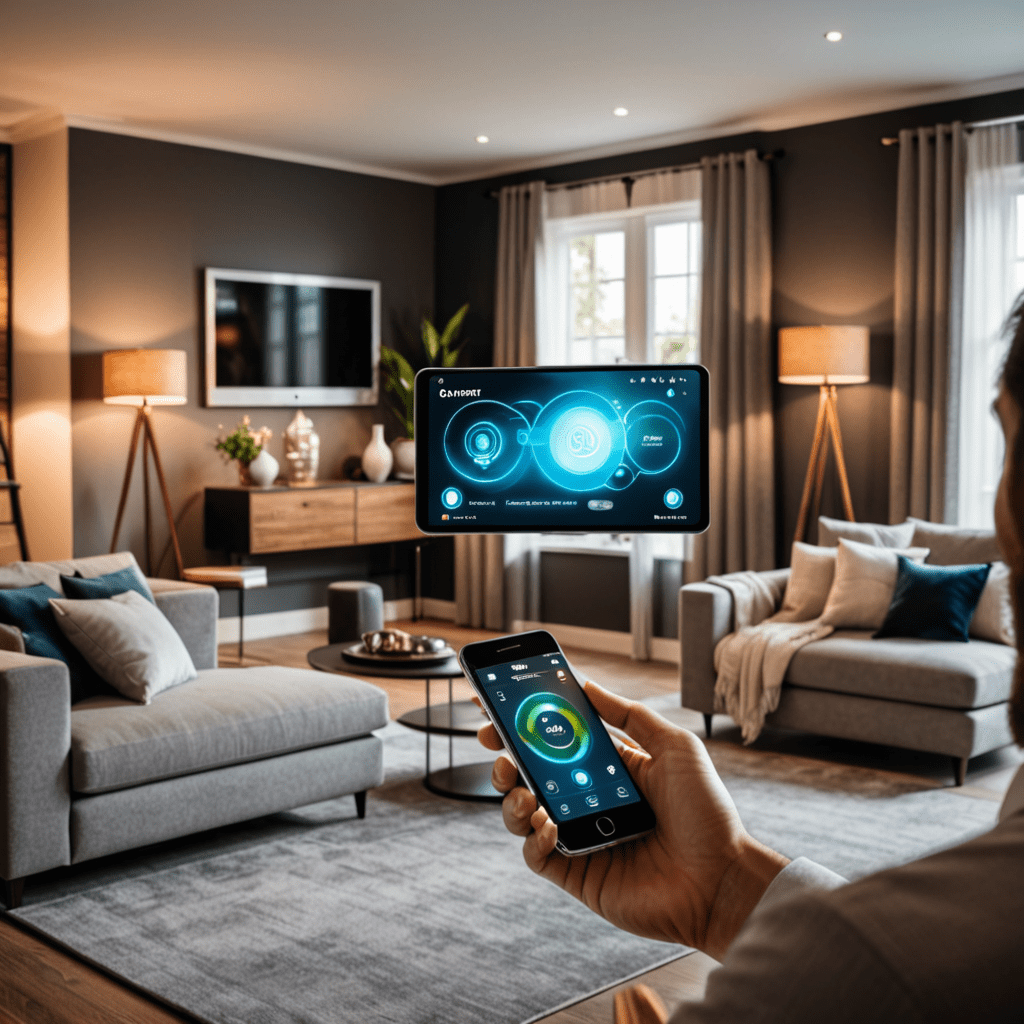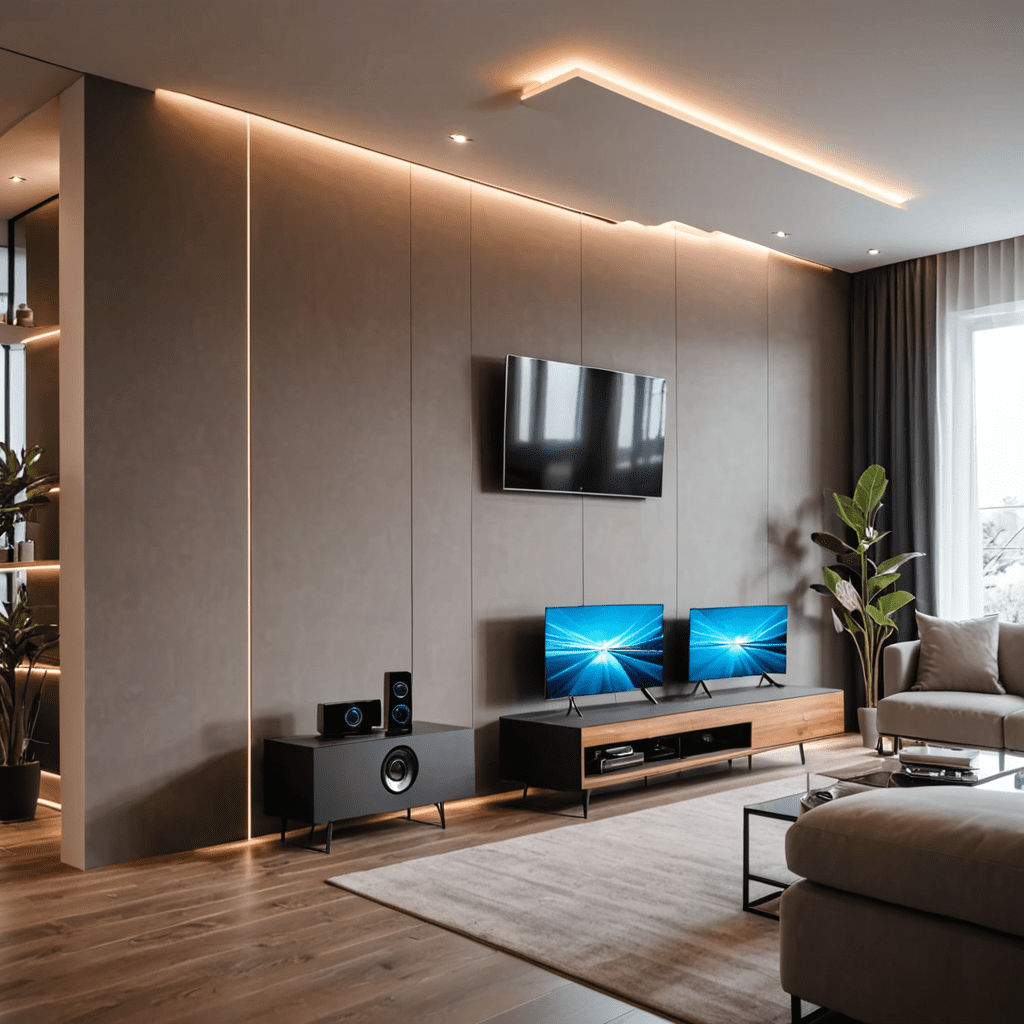The Psychology Behind Smart Home Design
In recent years, the concept of smart homes has gained significant popularity. However, there’s more to smart home design than just convenience and technology. The psychology behind smart home design plays a crucial role in creating spaces that are not only functional but also enhance our overall well-being.
The Impact of Environment on Mental Well-being
Our environment has a profound impact on our mental well-being. Smart home design focuses on creating spaces that promote relaxation, productivity, and overall happiness. Understanding how different elements of a smart home design influence our emotions is key to crafting optimal living spaces.
Color Psychology in Smart Home Design
Colors have the power to affect our mood and behavior. In smart home design, the strategic use of colors can create a sense of calm, energy, or even enhance concentration. By incorporating color psychology into smart home design, homeowners can personalize their spaces to cater to specific needs and preferences.
Smart Lighting and Circadian Rhythms
Lighting plays a crucial role in regulating our circadian rhythms and sleep patterns. Smart lighting systems that mimic natural light changes throughout the day can help improve our overall well-being. By aligning lighting with our biological clock, smart homes can support better sleep quality and enhance productivity.
Integration of Biophilic Design
Biophilic design focuses on incorporating elements of nature into indoor spaces. Smart home design can seamlessly integrate biophilic elements such as natural light, greenery, and natural materials. This connection to nature has been shown to reduce stress, improve cognitive function, and boost creativity.
Personalization and Sense of Control
Smart home technology allows for high levels of personalization and control over our living environments. This sense of agency and control can have a positive impact on our mental well-being. By adjusting settings according to individual preferences, smart homes can create a sense of comfort and security.
Enhancing Functionality and User Experience
Ultimately, the psychology behind smart home design is aimed at enhancing functionality and user experience. By understanding how individuals interact with their living spaces, smart home designers can create intuitive, seamless systems that cater to the needs and preferences of homeowners. The result is not just a technologically advanced home but a harmonious environment that promotes well-being.
FAQ: The Psychology Behind Smart Home Design
What is the importance of understanding psychology in smart home design?
Understanding psychology in smart home design is crucial as it helps create spaces that enhance comfort, convenience, and well-being. By considering human behavior, emotions, and preferences, designers can tailor smart home features to meet users’ needs effectively.
How does psychology influence smart home design decisions?
Psychology influences smart home design decisions by guiding the placement of devices, the user interface design, and the automation of tasks based on behavioral patterns. By incorporating elements that appeal to users’ cognitive and emotional responses, designers can create intuitive and user-friendly smart home experiences.
What psychological principles are commonly applied in smart home design?
Commonly applied psychological principles in smart home design include user experience design, cognitive psychology, behavioral economics, and environmental psychology. These principles help designers create smart home environments that promote efficiency, comfort, and emotional well-being for users.


